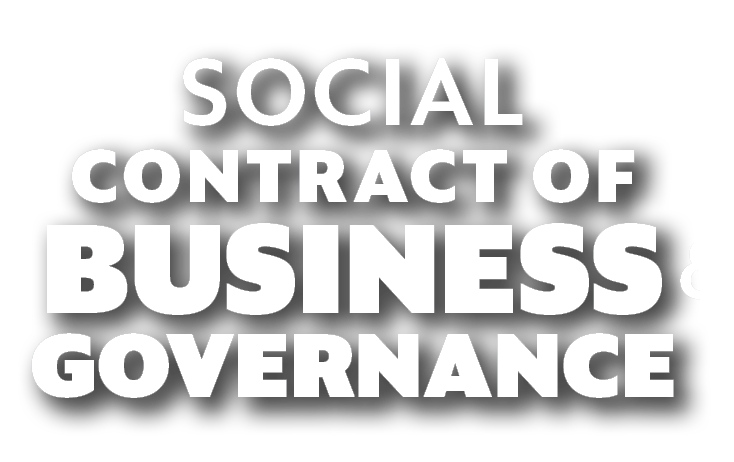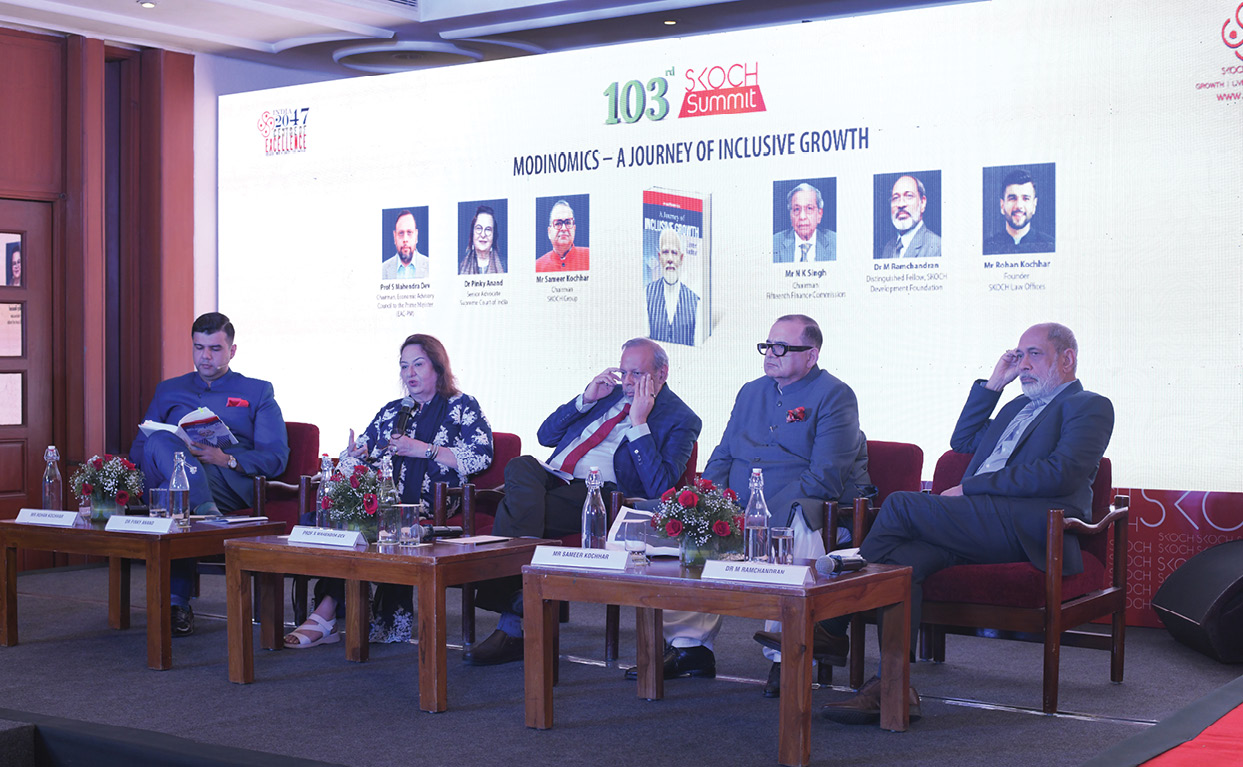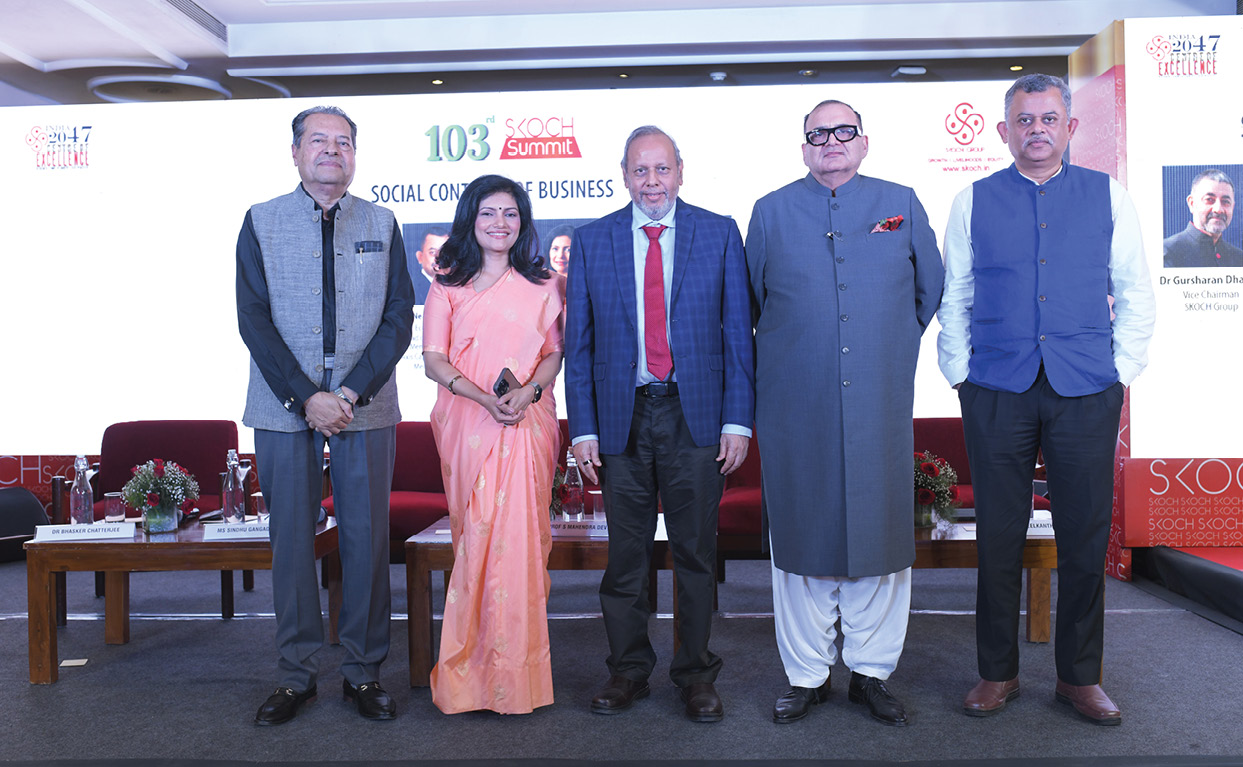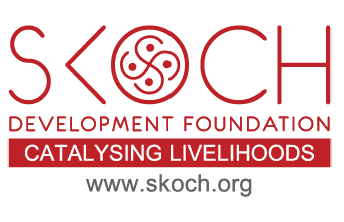ModiNomics – A Journey of Inclusive Growth
Marking 25 years of Prime Minister Narendra Modi in public office, ModiNomics – A Journey of Inclusive Growth offers a definitive account of his governance and economic philosophy. From Jan Dhan to Ujjwala, Swachh Bharat to Digital India, it explores how millions were brought into the mainstream of development with speed and scale.
The book examines both the vision and the outcomes—financial inclusion, welfare delivery, infrastructure, and digital empowerment—that have shaped India’s transformation. It asks the vital question: has Modi delivered on the promise of inclusive growth, and how far has India travelled on this journey?
Accessible yet analytical, this is not only a chronicle of policy innovations but also a verdict on their impact. A compelling read for policymakers, scholars, business leaders, and citizens alike, ModiNomics captures India’s story of ambition, resilience, and inclusive progress under Modi’s leadership.
Arrival, Tea, Meet and Greet
Opening Remarks: Mr Rohan Kochhar, Founder, SKOCH Law Offices
Summary: Mr. Rohan Kochhar inaugurated the 103rd SKOCH Summit, presenting Modinomics: A Journey of Inclusive Growth as a detailed chronicle of Prime Minister Modi’s 25 years in governance. He noted how initiatives like Jan Dhan, Ujjwala, Swachh Bharat, electrification, and digital access transformed lives at scale. The book also examines reforms like GST and IBC while questioning whether growth has been truly inclusive. Kochhar positioned it as both a verdict and a guide to India’s quest for sustainable, inclusive development.*
View Full Transcript

Power Panel: ModiNomics - A Journey of Inclusive Growth
Prof S Mahendra Dev, Chairman, Economic Advisory Council to the Prime Minister (EAC-PM)
Summary: Prof S Mahendra Dev highlighted Gujarat’s early successes in water management and rural electrification as foundations of Modi’s governance model. At the national level, he pointed to reforms like GST, IBC, and ease of doing business that spurred investment, exports, and growth. He emphasized inclusive outcomes through poverty reduction, employment generation, welfare schemes, and social programs, alongside sustainability goals such as renewable energy and net-zero targets. Dev concluded with optimism that India can achieve developed nation status by 2047 with stronger growth, inclusion, and resilience.*
View Full Transcript
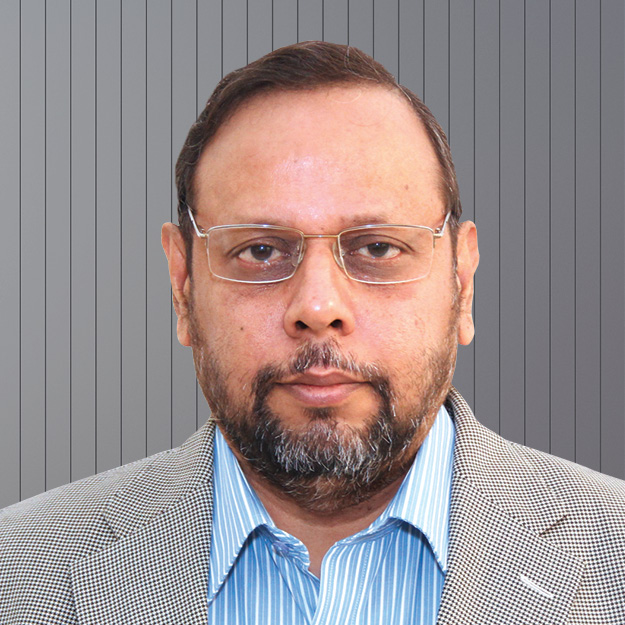
Dr M Ramachandran, Distinguished Fellow, SKOCH Development Foundation and Former Secretary, Government of India
Summary: Dr M Ramachandran praised Sameer Kochhar’s book for documenting Modi’s journey from Gujarat to the national stage, highlighting how people-centric schemes were built on grassroots insights. He recalled Gujarat’s leadership in urban development and Vibrant Gujarat as platforms for meaningful policy action. Citing initiatives like Swachh Bharat and Ujjwala, he emphasized how such programs transformed daily lives, especially of women, and showcased Modi’s inclusive and practical governance. He concluded that coordinated efforts between Centre and states can further strengthen India’s growth and inclusivity.*
View Full Transcript
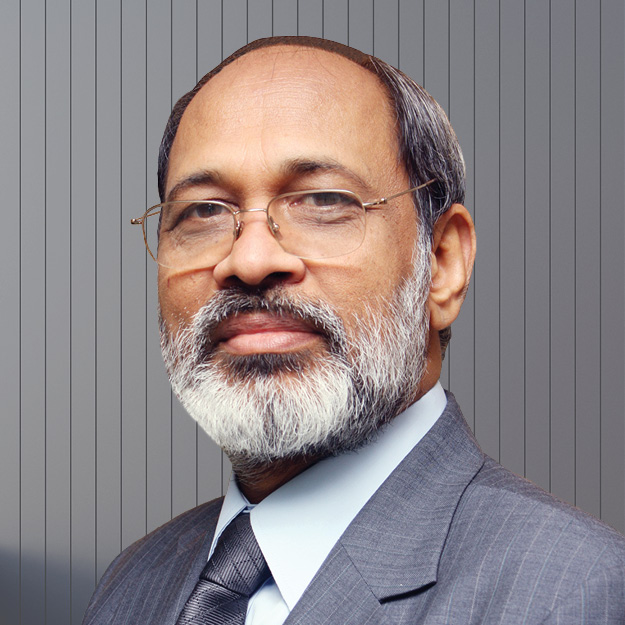
Dr Pinky Anand, Senior Advocate, Supreme Court of India
Summary: Dr Pinky Anand reflected on Prime Minister Modi’s leadership, highlighting his ability to listen, adapt, and drive inclusive governance. She emphasized transformative initiatives like Jan Dhan Yojana, Aadhaar-linked welfare, and digitalization that empowered citizens directly. She noted broader impacts—from Kashmir’s integration to global recognition of India’s economic strength—underscoring how inclusiveness now spans women, tribals, and marginalized groups. Anand concluded that Modi’s vision has lifted India from past paralysis into a vibrant growth trajectory recognized worldwide.*
View Full Transcript
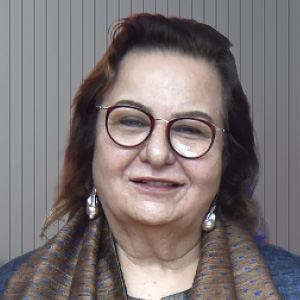
Mr Sameer Kochhar, Chairman, SKOCH Group
Summary: Mr Sameer Kochhar, as a reforms historian, traced India’s journey from policy paralysis and corruption before 2014 to transformative governance under Prime Minister Modi. He highlighted milestones like Jan Dhan Yojana, Digital India, and Mudra Yojana, which lifted millions out of poverty and created livelihoods through self-employment. Kochhar emphasized inclusive growth—job generative, equitable, dispersed, and sustainable—as the vision for India 2047. His book Modinomics: A Journey of Inclusive Growth captures 25 years of Modi’s leadership through real stories of people whose lives have changed.*
View Full Transcript
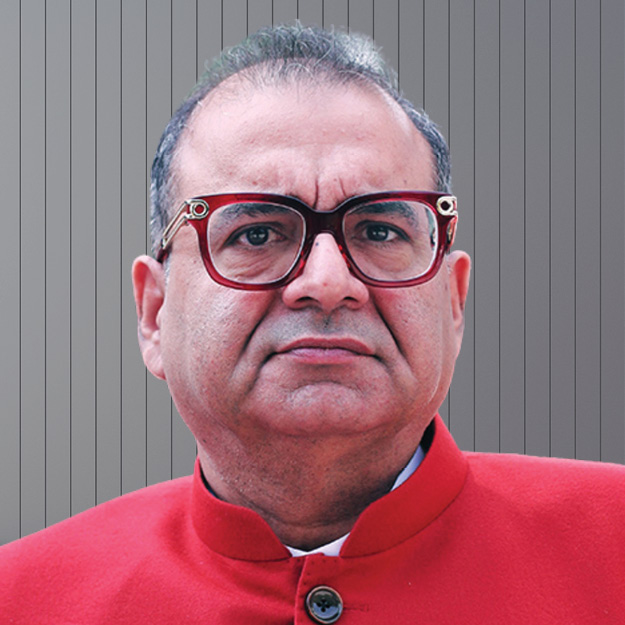
India 2047 - Centre of Excellence
Indicators for Soverignity & Security: Ms Sai Sathya Singh, Analyst, SKOCH Development Foundation
Summary: Ms Sai Sathya Singh emphasized that sovereignty in the 21st century extends beyond territory to digital infrastructure, data, and cyberspace governance. She introduced the Scotch Indicators Framework—a structured tool with seven pillars, 38 indicators, and 136 sub-indicators—to measure digital sovereignty across nations. Grounded in actual laws from countries like the US, UK, China, India, and the EU, the framework identifies strengths, vulnerabilities, and policy gaps. She likened it to GDP for economics, providing a universal metric to evaluate and safeguard digital sovereignty.*
View Full Transcript

Quantum State of India: Mr Javin Aryan, Analyst, SKOCH Development Foundation
Summary: Mr Javin Aryan discussed how emerging technologies, particularly quantum, are becoming strategic national assets amid global tech rivalries. He outlined India’s challenge of balancing self-reliance with international collaboration while addressing gaps in funding, supply chains, and stakeholder coordination. Highlighting applications in defense, finance, healthcare, agriculture, and climate forecasting, he stressed the dual-use nature of quantum. He concluded that India must adopt a whole-of-society approach to build secure, indigenous capabilities while engaging global partners.*
View Full Transcript

Social Contract of Business
Social Contract of Business: Dr Gursharan Dhanjal, Vice Chairman, SKOCH Group
Summary: Dr. Gursharan Dhanjal highlighted how platforms like the SKOCH Summit help organizations discover and recognize their ESG contributions, citing examples like Gujarat Gas reducing carbon emissions by supplying gas to crematoria. He shared how such forums drive learning and best practices, leading to impactful outcomes across sectors. He also mentioned the development of the SKOCH Reporting Indicators framework, integrating ESG, digital transformation, corporate excellence, digital responsibility, and human rights in business. He concluded by emphasizing continued dialogue on these crucial themes.*
View Full Transcript
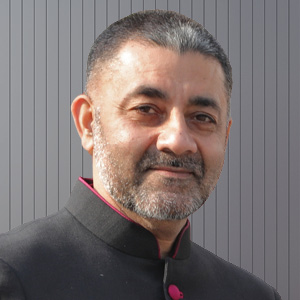
Mr Neelkanth Mishra, Chief Economist, Axis Bank; Head of Global Research & Member of the Board, Axis Capital and Part-time Member, Economic Advisory Council to Prime Minister (EAC-PM)
Summary: Mr Neelkanth Mishra emphasized that India faces an unprecedented challenge of becoming a developed nation within 25 years, balancing rapid growth with democracy and universal franchise. He highlighted the government’s achievements in fiscal discipline and lowering the cost of capital, but stressed that reforms in land, labor, and entrepreneurship must come from states. Citing examples from Gujarat, Odisha, and Tamil Nadu, he underscored the importance of state- and district-level reforms, urban infrastructure, and housing to sustain growth. He concluded that India must act urgently and boldly to achieve Viksit Bharat before its demographic advantage fades.*
View Full Transcript
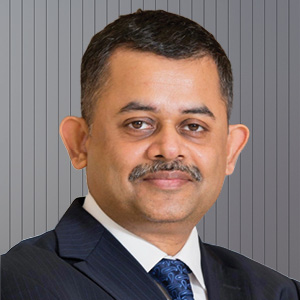
Ms Sindhu Gangadharan, MD, SAP Labs India; Head, Customer Innovation Services, SAP
Summary: Ms Sindhu Gangadharan highlighted India’s transition from a global IT services hub to a product innovation powerhouse. She emphasized three bold shifts: reimagining the services playbook in the AI era, fostering IP creation and product-first thinking, and using AI as an equalizer to ensure inclusivity. She called for stronger collaboration among industry, academia, and government, stressing that India must couple its services legacy with bold innovation to build an inclusive, sustainable, and globally impactful digital future.*
View Full Transcript
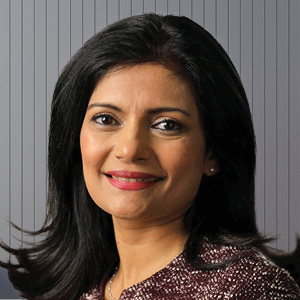
Dr Bhasker Chatterjee, Former Secretary, Government of India
Summary: Dr Bhaskar Chatterjee praised Sameer Kochhar’s effort to frame India’s progress through Indian benchmarks rather than Western criteria, calling it true Bharatiyata. He highlighted PM Modi’s leadership in global sustainability—from shaping the 2015 Paris Agreement to pledging India’s 2070 net-zero target. Drawing on his own role in institutionalizing CSR, he stressed India’s unique model that integrates corporate funding with grassroots civil society. He concluded by underlining the importance of Indianized approaches and strong governance in driving inclusive, sustainable development.*
View Full Transcript
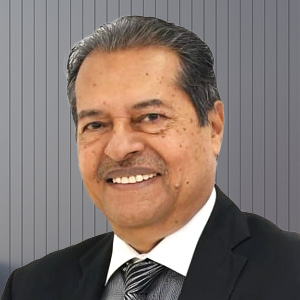
Dinner in the Honour of the Awardees & Participants
| S.No | Participating Organisations |
|---|---|
| 1 | Reliance Jio Infocomm Limited |
| 2 | State Bank of India |
| 3 | Bank of Maharashtra |
| 4 | Bank of India |
| 5 | Central Bank of India |
| 6 | IDFC FIRST Bank |
| 7 | Zomato Limited |
| 8 | Axis Bank Limited |
| 9 | Canara Bank |
| 10 | Indian Overseas Bank |
| 11 | Indusind Bank |
| 12 | Jammu & Kashmir Bank Limited |
| 13 | Punjab National Bank |
| 14 | Protean eGov Technologies |
| 15 | Tata AIA Life Insurance Ltd |
| 16 | JSW Cement Ltd |
| 17 | Power Grid Corporation of India Limited |
| 18 | BSES Yamuna Power Ltd |
| 19 | Gabriel India Limited |
| 20 | ICICI Prudential Life Insurance Company Limited |
| 21 | Slum Rehabiliation Authority (SRA), Brihanmumbai |
| 22 | State Project Management Unit, Uttarakhand |
| 23 | The Supreme Industries Limited |
| 24 | UP Police Technical Services |
| 25 | Madhya Pradesh State Agriculture Marketing Board |
| 26 | Mission for Elimination of Poverty in Municipal Areas (MEPMA), Government of Andhra Pradesh |
| 27 | Municipal Corporation Palampur |
| 28 | New & Renewable Energy Development Corporation of Andhra Pradesh Ltd |
| 29 | NIS Facility Management Services Pvt Ltd |
| 30 | North Eastern Development Finance Corporation Ltd |
| 31 | Orange Retail Finance India Private Limited |
| 32 | Pahal Financial Services Private Limited |
| 33 | Jharkhand State Cooperative Bank Ltd |
| 34 | Bajaj Auto Credit Ltd |
| 35 | Belstar Microfinance Limited |
| 36 | Centre for Development Orientation and Training |
| 37 | District Administration Seoni |
| 38 | North Goa Police |
| 39 | Goa Waste Management Corporation |
| 40 | Gujarat Fluorochemicals Ltd |
| 41 | House of Himalayas Limited |
| 42 | Interarch Building Solutions Limited |
| 43 | Sambandh Health Foundation |
| 44 | Satin Creditcare Network Limited |
| 45 | Sikkim State Cooperative Bank Ltd |
| 46 | The Bihar State Co-Operative Bank Ltd |
| 47 | The Gujarat State Cooperative Bank Ltd |
| 48 | The Quilon co-operative Urban bank Ltd |
| 49 | Container Corporation of India Ltd |
| 50 | Muthoot Microfin Limited |
| 51 | Dhwani Rural Information Systems |
